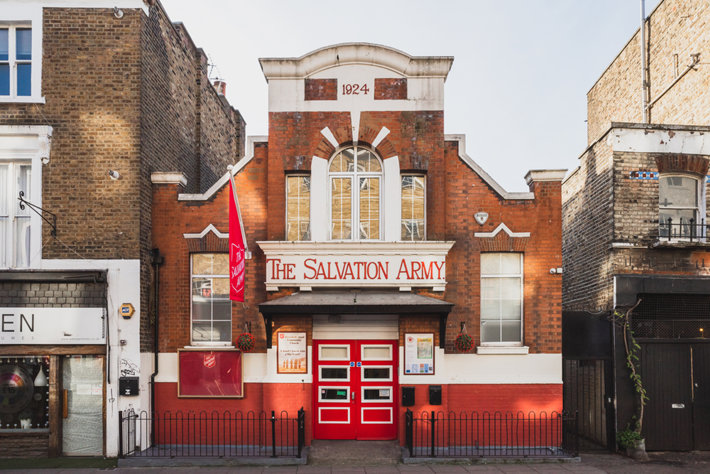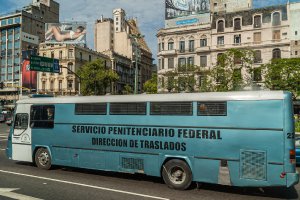During the 12 months
between July 2020 and June this year, the problem of modern-day slavery
worsened despite the pandemic, according to the Salvation Army in the UK and
Republic of Ireland in their report,
released in October 2021.

More victims of human trafficking received support services from the Salvation Army across Britain than in the previous year—despite pandemic-related restrictions on travel and business and reduced opportunities for human rights workers to spot signs of slavery.
A total of 5,880 people received support this year (including those already receiving service when the year began), the largest number of people supported during a contract year to date. Since 2011, the Salvation Army and its partners have supported 12,568 recovering victims of modern slavery.
Through a contract with the UK government, trafficking survivors are referred to the Salvation Army, an evangelical Christian organization devoted to helping the vulnerable, and “fighting against injustice and encouraging people to deepen their relationship with God.”
A total 2,662 slavery victims received Salvation Army support services in the 2020-21 period—slightly more than the 2,592 survivors who obtained their service the previous year. This year, an additional 2,855 victims who were referred to the organization either declined or were not eligible for support. In this category are those under the age of 18 who are entitled to local authority support; victims who declined Salvation Army support preferring to receive help from family, friends, another agency or who immediately returned to their home country; those who were reported but could not be contacted; and those whose cases are on hold, pending additional information.
Of the victims who received support services, 61 percent were men and 39 percent women: 1,030 (39 percent) of the victims experienced labor exploitation; 647 (24 percent) were sexually exploited; 470 (18 percent) were criminally exploited; 187 (7 percent) were subjected to domestic servitude and 328 (12 percent) experienced “complex, multiple or unknown exploitation.”
This report period is the first in which the Salvation Army recorded “criminal exploitation” as a discrete category. Over the past 12 months, there was a 62-percent increase in the number of human trafficking victims forced to commit criminal activities such as distributing drugs across county lines, such as cultivating cannabis, begging in public, and committing financial fraud and theft.
For the fourth straight year, labor exploitation was the most common form of mistreatment.
Victims were of 96 different nationalities but 69 percent came from 10 countries: Albania (523), Britain (341), Sudan (202), Vietnam (160), Romania (116), China (114), Nigeria (112), Iran (95), Eritrea (95) and Pakistan (73).
While Sudanese survivors topped the list of victims exploited for labor, sexual exploitation was most pronounced among Albanian survivors, and British survivors, exploited for criminal activities, outnumbered those from other countries.
The report presents case studies of victims. One is a Vietnamese man identified as Doung, who was smuggled into Britain in a shipping container and forced to do renovation work to pay off a debt he incurred in Vietnam for his mother’s hospital treatment. The moneylender, who was linked to criminal gangs, threatened to kill Doung’s family if he refused to do as he was told. During his slavery, Doung lived in a guarded house, where he was locked in at night. Today, he lives in a safe house.
In their mission to end human trafficking and assist survivors, the Salvation Army continues to develop a global response strategy in association with Britain-based nongovernmental organizations and faith groups engaged in combating human trafficking and modern slavery. Part of that strategy includes providing community support across all 131 countries in which the Salvation Army is active.
_________________
The Church of Scientology publishes this blog to help create a better understanding of the freedom of religion and belief and provide news on religious freedom and issues affecting this freedom around the world.
The Founder of the Scientology religion is L. Ron Hubbard and Mr. David Miscavige is the religion’s ecclesiastical leader.
For more information, visit the Scientology website or the Scientology TV network.


